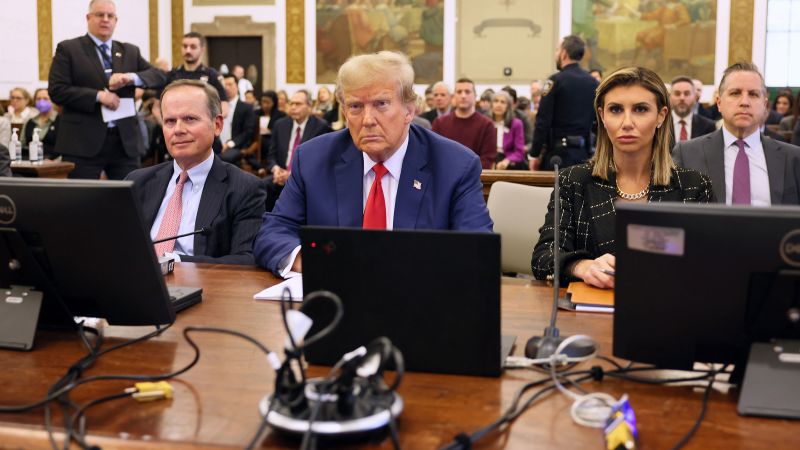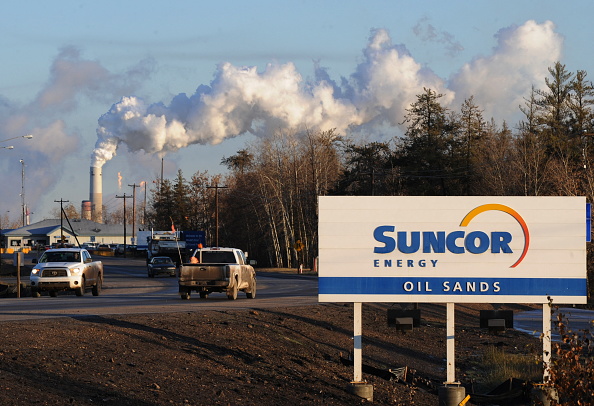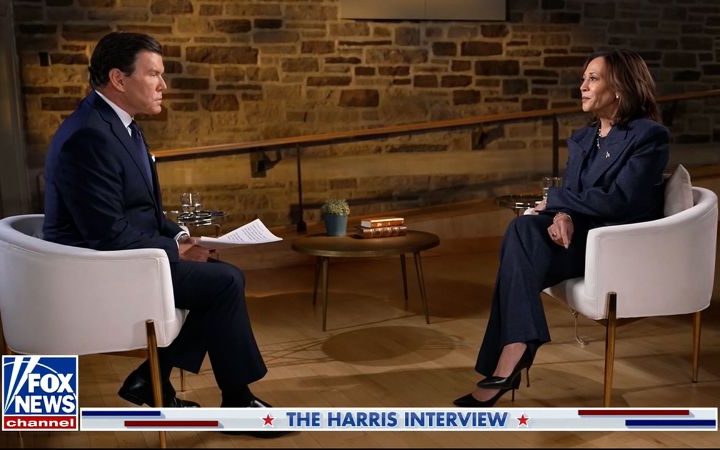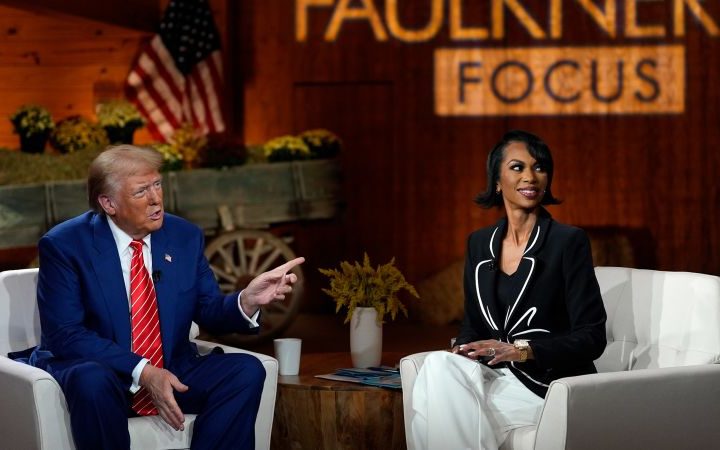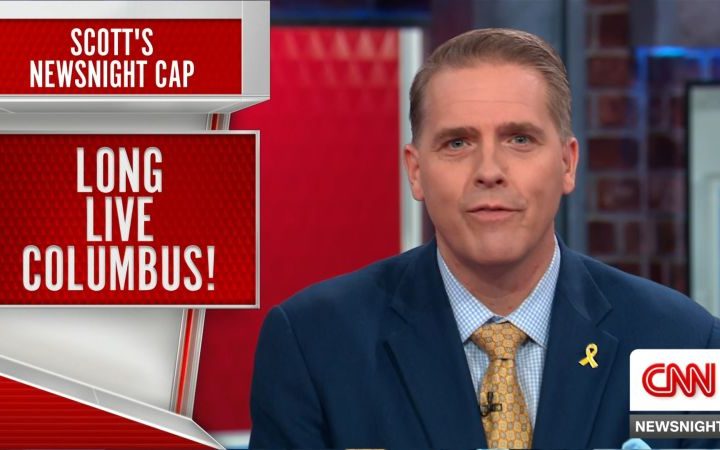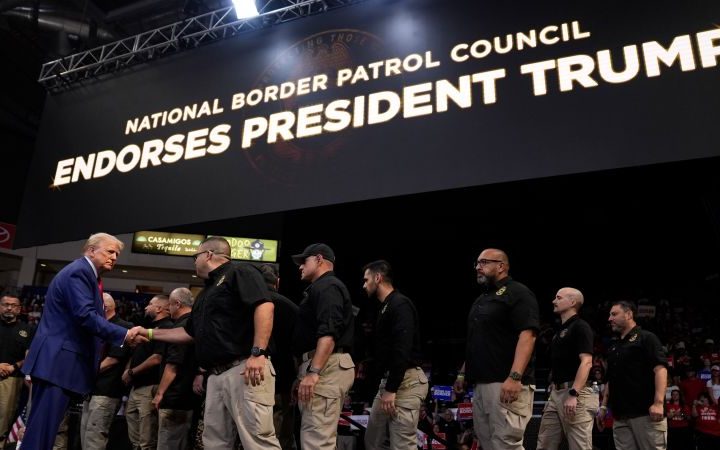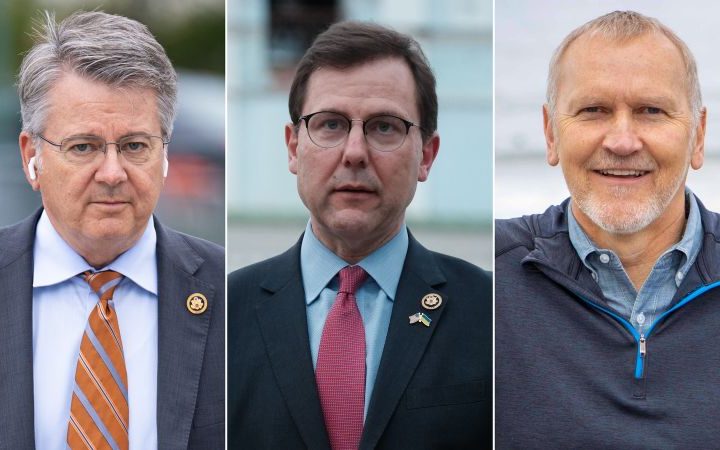After turning several recent trials and court hearings into campaign stops, Donald Trump is not expected to be in the room when the highest court in the land takes up the question of his ballot eligibility, sources familiar with the planning tell CNN.
On Thursday, Trump’s lawyers will appear at the US Supreme Court for arguments over a decision by the Colorado Supreme Court to throw Trump off the state’s ballot under the 14th Amendment’s ban on insurrectionists holding public office. Trump currently doesn’t plan to be there. Instead, he’ll be at Mar-a-Lago in Florida before traveling to a Nevada caucus victory party in Las Vegas.
“There is no upside to him attending these arguments,” one source close to the legal team tells CNN. “Trump understands how serious this is – the stakes could not be higher.”
Trump’s decision not to attend the historic Supreme Court arguments in the case – which would determine his ballot eligibility nationwide – is an indication of how carefully his team is handling the case before the court where Trump appointed one-third of the justices on the bench to create a conservative supermajority.
The arguments come as the Supreme Court is also expected to consider a more perilous legal question for Trump – whether he is immune from criminal prosecution for his actions following the 2020 election. Trump may feel more strongly about attending those arguments, according to another source familiar with his legal strategy.
While many legal experts believe Trump could prevail on the ballot challenges issue, his appearance could be considered disruptive to the normally staid and above-the-fray decorum of the Supreme Court.
Trump and his team have treated various court appearances as opportunities for him to cry “election interference,” call out who he deems “Trump-hating” judges and attack the system as rigged “political persecution.” His presence and the attendant media coverage has created a circus-like atmosphere at each of these proceedings.
One source close to Trump’s campaign said some in Trump’s inner circle believe his courtroom outbursts and antics during the E. Jean Carroll defamation trial and the New York civil fraud trial hurt his case before the jury and judges. Trump also has privately expressed concern that some of justices that he appointed may be inclined to go harder on him to avoid appearing biased, another source said.
Another campaign adviser said that while there was a discussion on whether Trump should attend the arguments on Thursday, it was an easy decision to go to a caucus site and campaign event in Nevada, where he’s expected to win.
“Right now, the priority is securing the nomination and being in Nevada,” the adviser said.
It is possible Trump could change his mind and show up in Washington, DC, on Thursday – as he has done at the last minute with past court proceedings – but that appears unlikely given the legal and political considerations in this case. The Supreme Court’s extensive security operation also may not be able to accommodate a last-minute change of heart.
Experience and preparation
Even if he doesn’t attend the hearing, Trump will be represented by an experienced team of lawyers who have undertaken significant preparation ahead of Thursday’s hearing.
On Tuesday and Wednesday, lawyers and advisers for Trump are holding their first mock arguments to prepare to face the justices. The so-called “moot court arguments,” a staple of Supreme Court advocacy, are just one aspect of Trump’s more traditional approach to Thursday’s case.
Thursday will be the first time lawyers personally representing Trump have appeared before the justices since Trump’s failed attempts to block Congress and criminal investigators from accessing his tax returns in 2020.
Former Texas Solicitor General Jonathan Mitchell will argue the case for Trump. This will be his sixth time arguing a case before the justices. He’s also an accomplished legal scholar who has published numerous works of scholarship in law journals and written on issues at the heart of the case, including the 14th Amendment. Unlike many Trump lawyers, he has mostly worked in government and academia before opening his own firm in 2018.
Longtime Trump lawyer David Warrington also has played a significant behind-the-scenes role to prepare for Thursday. Warrington does not have Supreme Court experience but has worked with the former president for years and “understands how to get things done in Trump world,” according to a source familiar with the matter.
And John Sauer, the lawyer who argued Trump’s immunity case before the DC Circuit, is expected to attend and participate in the moot courts this week in Washington, along with some of Trump’s criminal defense lawyers and his close political adviser Boris Epshteyn, who is a lawyer, too.
The caliber of lawyers and their methodical approach to this case are a stark contrast to that of Trump’s legal team in the recent trial in New York to determine damages owed to former magazine columnist E. Jean Carroll for defamation.
During that trial, Trump’s lead attorney Alina Habba was repeatedly chastised by the judge for not properly following the rules of evidence. In the end, the jury decided Trump must pay nearly $85 million in damages – far more than Carroll had sought – for defaming her when he denied her allegation that he raped her in a department store in the 1990s.
While the former president is interviewing new firms to handle his appeal the Carroll jury verdict, Habba remains on the Trump team, serving as general counsel for Trump’s Save America PAC and as his legal spokesperson.
Read the full article here
